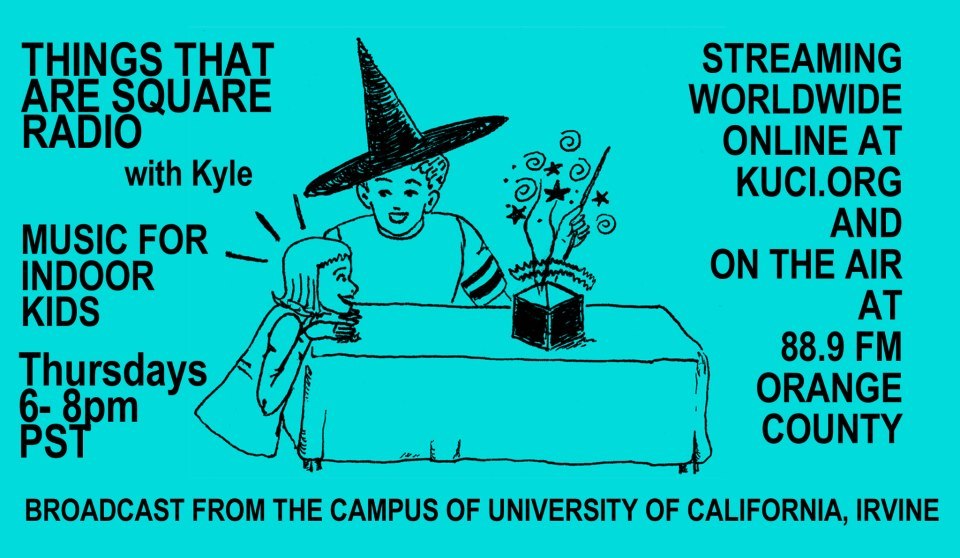Genre Research Project 60/1360: Outlaw Country
The roots of the outlaw movement can be traced to the 1950s. A major influence on the outlaw movement was Elvis Presley's bluesy covers of country standards. However, an even greater transition occurred after Waylon Jennings was able to secure his own recording rights, and began the trend of bucking the "Nashville Sound."
David Allan Coe at the time was a patched member of the Outlaws Motorcycle Club, a notorious one percenter motorcycle club. There were several instances where he was referred to as an outlaw while playing with Willie Nelson and Waylon Jennings. Although Nashville publicly refutes claims that "outlaw country" was a term coined by Coe's involvement in the motorcycle underworld, those who thrive in the biker community both then and now believe that it was Coe who gave the music its title.
The 1960s was a decade of enormous change, and that change was also reflected in the music of the time. The Beatles, Bob Dylan, the Rolling Stones and many who followed in their wake cast off the traditional role of the recording artist. They wrote their own material, they had creative input in their albums, and they refused to conform to what society required of its youth. At the same time, country music was declining into a formulaic genre that appeared to offer the establishment what it wanted with artists such as Porter Wagoner and Dolly Parton making the kind of music that was anathema to the growing counterculture. While Nashville continued to be the focus of mainstream country music, cities like Lubbock and Austin became the creative centers of outlaw country. Southern rock also had a strong influence on the outlaw country movement, and that sound and style of recording was centered in Muscle Shoals, Alabama.
The term "outlaw country" is derived from the song "Ladies Love Outlaws" written by Lee Clayton and sung by Waylon Jennings on the 1972 album of the same name. It became associated with singers who grew their hair long, wore denim and leather and had a scruffier look in contrast to the clean cut country singers in Nudie suits that were pushing the Nashville sound, with the exception of Gram Parsons & The Flying Burrito Brothers. The success of these singers did much to restore the rawness and life force to country music. The songs were about drinking, drugs, hard working men and honky tonk heroes. The music was more like rock and roll and there were rarely strings in the background.


0 Comments:
Post a Comment
Subscribe to Post Comments [Atom]
<< Home